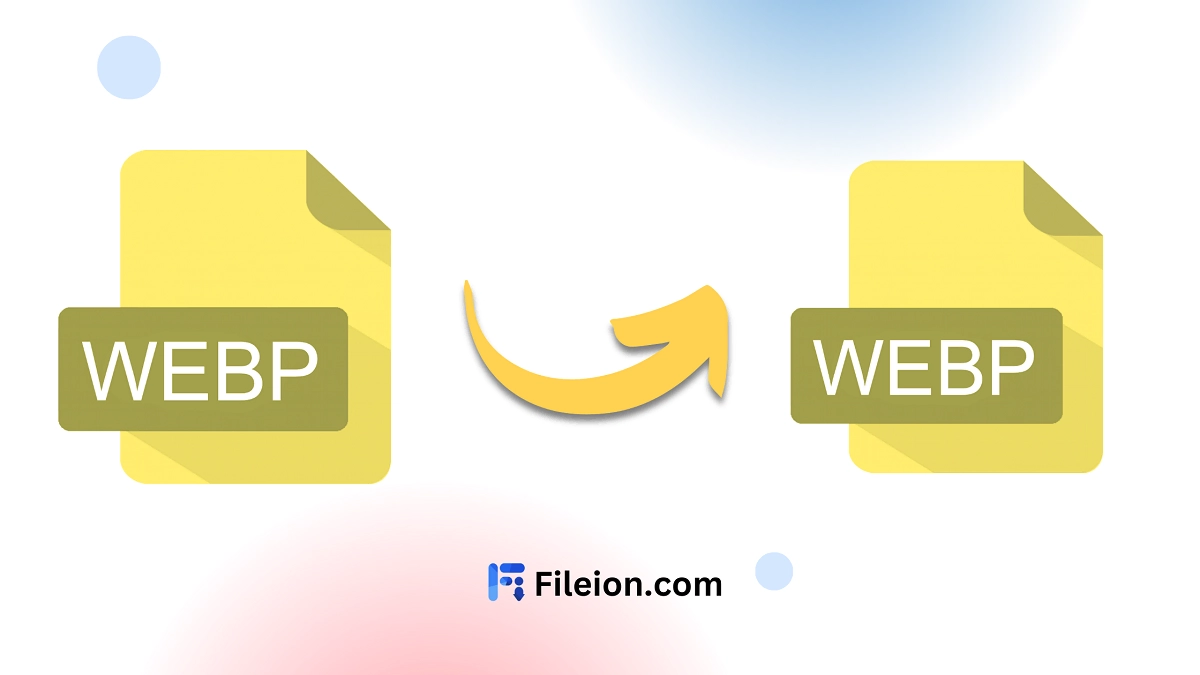You would need to use an online WebP to WebP converter to modify or optimize your images without changing their format. For example, you might want to resize, compress, or strip metadata from WebP images for faster loading times on websites. It also allows batch conversion.
An online WebP-to-WebP converter works by reprocessing existing WebP images to meet specific requirements, such as reducing file size, adjusting quality, or modifying image properties. Users upload a WebP file, adjust parameters like resolution or compression levels, and then download the optimized version.
Yes, you can use the converter to optimize or reduce the file size of a WebP image without significant loss in quality. Many WebP converters offer both lossy and lossless compression, allowing users to retain quality while minimizing size.
Yes, the WebP to WebP conversion affects the image quality, depending on the settings used during conversion. WebP offers both lossy and lossless compression, so if you choose lossy compression during the conversion, some image data is discarded, which can reduce the quality slightly.
Yes, various settings and options are available when using the WebP to WebP converter. These options can include adjusting the image quality, applying lossless compression, resizing the image, and adding filters like grayscale.
Yes, you can batch convert multiple WebP files using online tools. Tools like AnyWebP and ImgDiet allow you to convert hundreds of WebP files at once, with each conversion taking just about a second.
The file size of the input and output WebP files typically remains quite similar. However, if you apply compression or quality adjustments during the conversion process, you may see a reduction in the file size without significant loss of quality.
